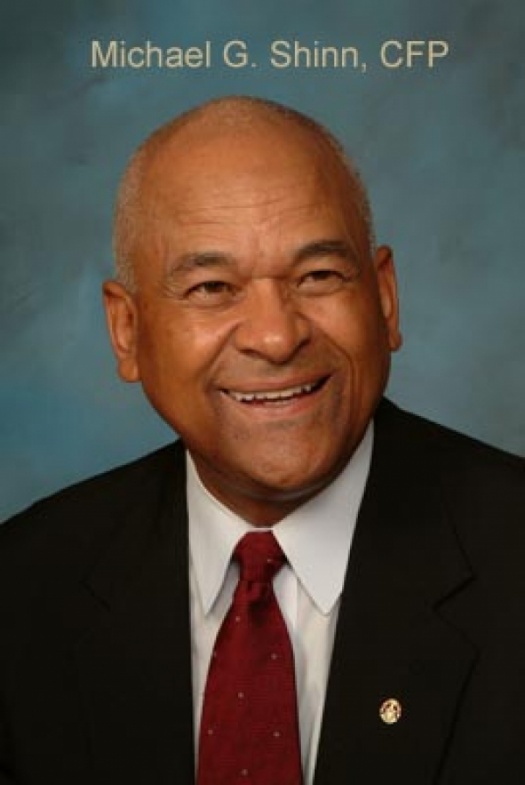
The holiday season presents a wonderful opportunity to spend time with family and friends. It is a great time to eat, drink, exchange gifts and end the year with a bang. Unfortunately, too often we are left with a holiday hangover that has our head hurtin
The holiday season presents a wonderful opportunity to spend time with family and friends. It is a great time to eat, drink, exchange gifts and end the year with a bang. Unfortunately, too often we are left with a holiday hangover that has our head hurting, our belt too tight and our wallet empty. Caught up in the holiday spirit, we overindulged in numerous ways and have to literally “crawl out” of the hole that we have dug for ourselves.
How do we get the same hangover every year? Now, I am not a psychologist, but the holiday season seems to bring out a number of emotions ranging from excitement and anticipation to anxiety and even depression. The social and psychological pressure to overindulge is at its zenith during this time of the year. It’s difficult for anyone to avoid the holiday hangover, when it seems that friends, family and the media are all serving up loaded cocktails and enticing them to “get the holiday spirit.”
Financial hangovers
If this holiday season has created a financial hangover for you, then you have two major challenges to overcome; first, how to deal with the indebtedness that you accumulated during the holidays and second how to get in better shape for the next holiday season so you don’t repeat the same mistakes.
Sit down and add up your holiday expenses. This would include gifts, dinners, entertainment, decorations, travel and all other holiday-related expenses?
How much of your holiday expenses were charged to credit cards or caused you to defer normal living expense payments?
Lay out a plan to pay off last year’s indebtedness as soon as possible and stick with your plan.
Plan for next year
At this point, you should know how much you spent last year and the big question is, “do you plan to spend the same, more or less next holiday season?” The key is to create your plan for success. If you fail to plan, then you have planned to fail. Below are some suggestions to help you avoid a financial hangover next holiday season:
Set a holiday budget figure–This includes gifts, entertainment, travel, etc.
Make a prioritized gift list–Start with those closest to you and set a dollar figure for each person.
Start a Christmas savings account–Have $10 or $20 per week automatically withdrawn from your checking account.
Buy during the year–Avoid the holiday rush and buy some of your gifts during the year to take advantage of sales and bargains.
Be creative–Rather than purchase every gift; consider some alternatives such as a photo album, a recorded CD or homemade cookies.
The holiday season should be a wonderful occasion to spend time with family and close relations. This next holiday season, avoid the holiday hangover by responsibly planning your holiday celebration.
Michael G. Shinn, CFP, Registered Representative and Investment Adviser Representative of and securities offered through Financial Network Investment Corporation, member SIPC. Visit www.shinnfinancial.com for more information or to send your comments or questions to shinnm@financialnetwork.com.
Copyright 2008 Chicago Defender. All rights reserved. This material may not be published, broadcast, rewritten, or redistributed.
